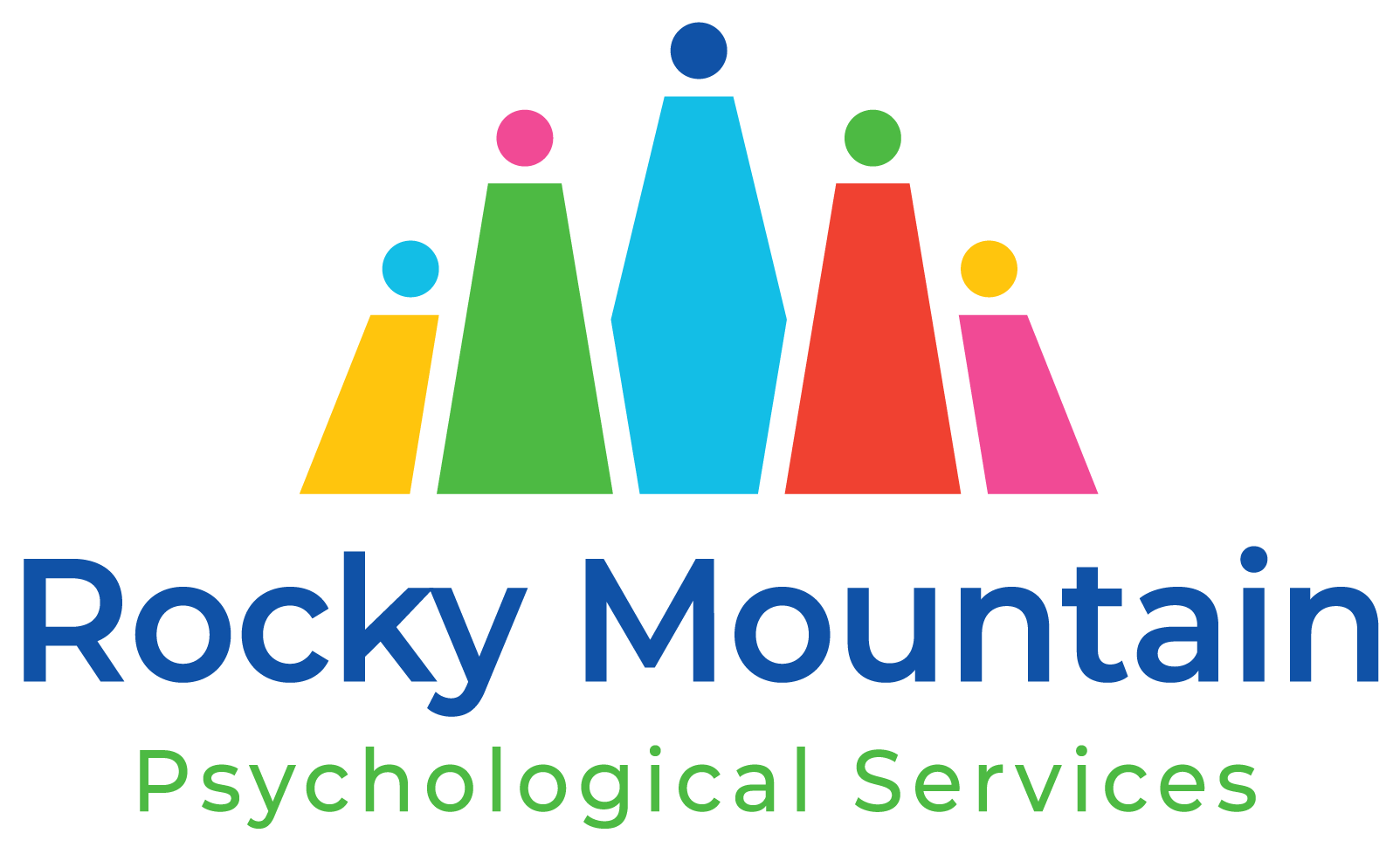Frequently Asked Question
How do I know if my child needs a psychoeducational assessment plus autism assessment?
Parents and caregivers often seek this kind of assessment if their school or doctor is recommending it, if they are concerned that their school-aged child has autism, or if they are noticing that their child is struggling with communication, social interactions, flexibility, or transitions at home or school. If these challenges are impacting the child’s daily life or learning, an assessment can provide clarity.
When can a child have an autism spectrum disorder assessment?
Developmental concerns of children as young as toddlers can be assessed via spectrum disorder assessment, though many assessments are done once school starts and social interactions increase. This has no age limit; teens and adults can also do this assessment.
How much time does the assessment require?
This assessment usually takes about 4-6 weeks, depending on client availability and clinician schedules.
How will the autism assessment result help my child in school?
Parents will get a copy of the assessment report and they can choose to share it with their child’s school. The report will include recommendations for school that can be used to guide classroom strategies, accommodations, and learning supports that match your child’s needs. The results can also support the development of an Individualized Education Plan (IEP), which is a formal school document that sets specific learning goals and provides accommodations such as speech therapy, modified assignments, or social skills training. With an IEP, your child’s strengths and challenges are translated into a structured plan that ensures consistent support across their educational journey.
What happens after the assessment?
We provide families with a detailed report and a feedback session to go over results and recommendations. A follow-up meeting is also offered to answer new questions and develop a treatment plan.
